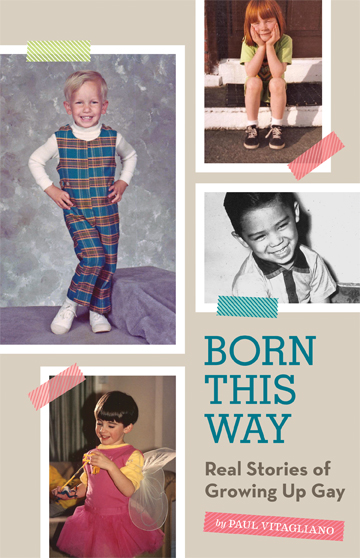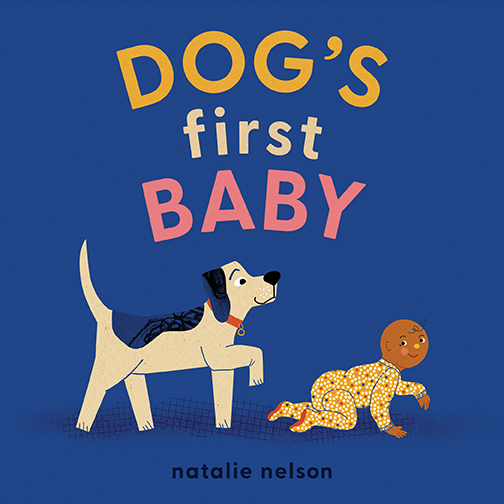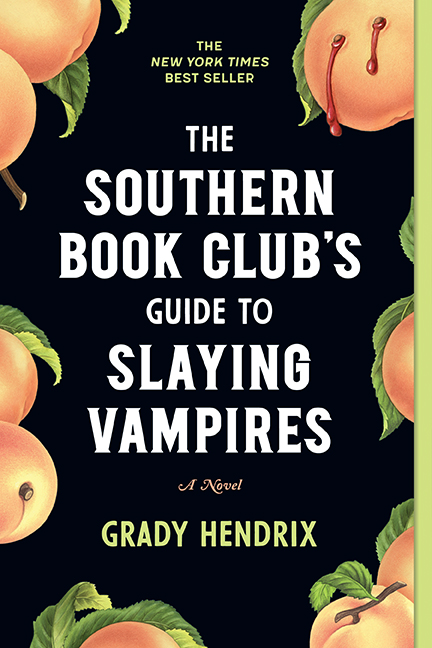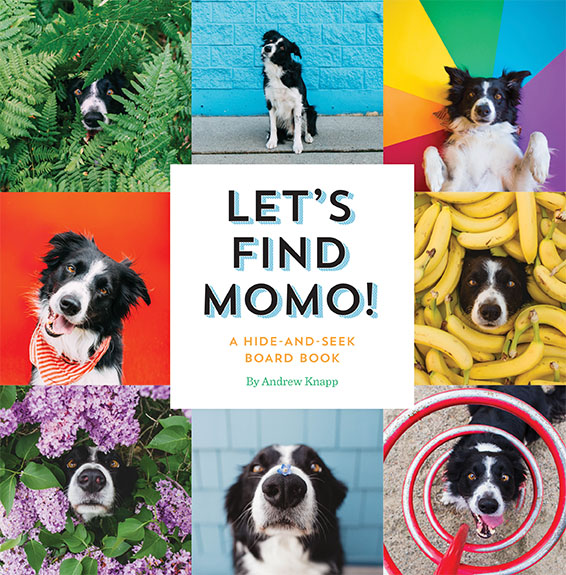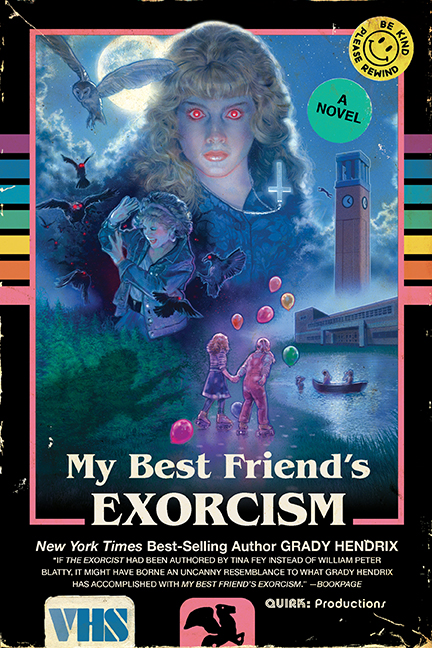Our Blog
Happy National Coming Out Day!
Hey everyone!
Paul V. here, author of Born This Way: Real Stories of Growing Up Gay.
First, I send a huge THANK YOU to everyone who has so fervently supported my book. And as a gift to show my appreciation, I’ve created a megamix of incredible music (above) – all created by the LGBTQ community (and a few non-gay allies, too).
As you might know, I've been a club DJ for 30 years now, and back when I was coming up (and out) in the early 80's, it was just about the greatest era for music. And it was a time when many artists and musicians did not hide their sexuality. With everyone from Boy George to Neil Tennant (Pet Shop Boys) to Frankie Goes To Hollywood to Jimmy Sommerville (Bronski Beat) and Marc Almond (Soft Cell), these were my heroes and my peers at the time. And what a thrill it was to play their songs in the clubs I worked at during that era.
You'll find all of them in the mix, along with my good friend Andy Bell of Erasure (who is in my book), and some newer artists like Hercules & Love Affair, Ladyhawke, Gossip, Adam Lambert, Le Tigre, Scissor Sisters, and of course Sia (who is also in the book). They are all carrying the torch for LGBTQ pride. And though Freddie Mercury (Queen) was never officially out, we knew his truth. And his spirit rules this mix!
There's also some bits of comedy and many other artists I will leave to surprise you. And, as I like to keep you dancing, this is a continuous 30-minute DJ mix.
Posted by Paul V
Kickstarter: A Laboratory of What People Want
Here’s something cool I realized as I did my research for The Kickstarter Handbook. More than almost anything out there, Kickstarter is a laboratory of What People Want. The founding principle of Kickstarter, after all, is that you pledge dollars so that this film, or artwork, or awesome iPad accessory or building toy or desk lamp can be born. It won’t come into existence without your cash, and you want to see it happen. In fact, you want one.
Traditional investors in products and ideas often have a different motivation. They may like an idea, but the bottom line for a product investor is whether it will become popular enough to make money. What’s the return on the investment going to be? By contrast, when you give money to a Kickstarter project, you don’t get any equity in the venture. There is no pretense or hope of financial upside. It’s purely a vote for stuff that you wish would exist.
And because the vote is with real money, I think it’s more indicative of what people truly want than, say, a consumer survey, where you can say anything — sure I’d buy a hybrid car or Android-based hat — but you don’t have to actually put up any cash to prove it.
Posted by Don Steinberg
Worst-Case Wednesday: How to Catch Fish without a Rod
Photo by Kasper Sorensen
With the Fall season upon us, it’s hard for me not to think about blustery Autumn afternoons fishing with my uncles in New Jersey.
When the leaves started to change, that meant putting on thick awkward fishing vests and standing patiently along the shorelines of various lakes. Sometimes, it meant casting fly fishing lines across rippling streams, the bait dancing over the water. We always had fishing poles though, and seldom found ourselves in a situation where we’d need a makeshift net like this.
But hey, now I know how to make one. And so do you, thanks to the Worst-Case Scenario Survival Handbook: Travel. Read on for some helpful tips from Joshua Piven and David Borgenicht. Because it’s always good to prepare for the worst.
Posted by Eric Smith
Freaky Friday: Preparing for a Very Quirky Halloween with Witches’ Brew
Listen. We’re a company that loves dressing up just-because for our office parties (ie: piggies back in March), so you better believe we absolutely adore Halloween here at Quirk. It’s a special time of year when the things we love the most, from scary monsters to heaps of candy, are celebrated in a very public way.
So to help pave the way towards Halloween, we’ll have some fun excerpts to get you properly prepared every Friday.
First up? Some Witches’ Brew from Witch Craft by Margaret McGuire and Alicia Kachmar. Blood orange punch? Yes please.
Posted by Eric Smith
DesignPhiladelphia: Quirk Books’ Alternate Covers Gallery @ the DrinkPhilly HQ
DesignPhiladelphia, a local celebration of design here in our hometown, is currently in full swing. This year we're thrilled to team up with our good friends DrinkPhilly for a fun evening of book cover design on Friday, October 12th.
Our talented team of designers (Doogie! Katie! Andie!) will showcase a gallery of alternative book covers, showing actual designs that didn't make the cut and totally new works inspired by older titles. Guests can look forward to interacting with our team and can expect a number of fun giveaways. Posters? Yup. Books? You bet.
And thanks to our BFFs DrinkPhilly, books aren't the only thing ready to be consumed that night. There will be plenty of free nibbles and beverages at the DrinkPhilly HQ, and possibly some live music. Word on the street is the founder of DrinkPhilly plays a mean bass.
The event is free and open to the public, running from 5pm to 9pm. 21+, as there will be alcohol. We've got a Facebook event listing, so feel free to RSVP and let us know you're coming.
DesignPhiladelphia: Quirk Books Cover Gallery @ DrinkPhilly
Friday, October 12th, 2012, 5PM – 9PM
www.facebook.com/events/333413393421587
Posted by Eric Smith
Craft-a-Day: One Week Away!
Next month Craft-a-Day will hit stores and despite getting advanced copies, it still doesn’t quite seem real. Did I really write, craft, and photograph a book that is over 430 pages? Apparently!
What started as an idea from my editor, Margaret McGuire, ballooned into months of me designing templates, writing, crafting, and photographing like crazy.
Posted by Sarah Goldschadt
